T4K3.news
Planet Parade Brightens the Dawn Sky
A pre-dawn alignment of six planets offers a rare skywatching moment with Venus and Jupiter leading the display.

A pre-dawn alignment of six planets offers a rare skywatching moment with Venus and Jupiter leading the display.
Planet Parade Brightens the Dawn Sky
Six planets will form a pre-dawn parade, with Venus and Jupiter bright in the eastern sky about an hour before sunrise. Saturn rises in the southern sky, while Mercury appears low above the eastern horizon about 45 minutes before dawn. Uranus and Neptune will be in the sky as well, though they are not visible to the naked eye.
The event follows the Venus-Jupiter conjunction seen on August 12. The parade continues with a crescent moon near Venus on August 20, and the next major alignment is planned for October 2028. Jupiter will be brightest on January 10, 2026, while Saturn approaches its opposition on September 21, making it a good target for telescopes.
Key Takeaways
"Dawn brings the biggest show in the sky"
Skywatchers reaction to the spectacle
"Venus and Jupiter steal the show while Saturn hints at the beauty of astronomy"
Editorial highlight on the lineup
"This alignment teaches patience and planning for skywatchers"
Editorial note on how to observe
"A telescope turns a glow into a grid of tiny worlds"
Observation guidance
The planet parade is a reminder that the night sky is a living classroom. It invites ordinary people to observe without expensive gear and shows how orbital motion translates into a human scale moment of wonder.
But weather, light pollution, and urban horizons shape who can see it. Mercury remains a challenge for city viewers, while the outer planets brighten as Saturn approaches opposition. The event also underscores how seasonal windows drive amateur astronomy and community stargazing.
Highlights
- Dawn brings the biggest show in the sky
- Two bright friends, one quiet morning
- Let curiosity be your guide as the planets align
- The cosmos turns a simple morning into a lesson in time
The horizon remains a gateway to the universe, inviting curious minds to look up.
Enjoyed this? Let your friends know!
Related News
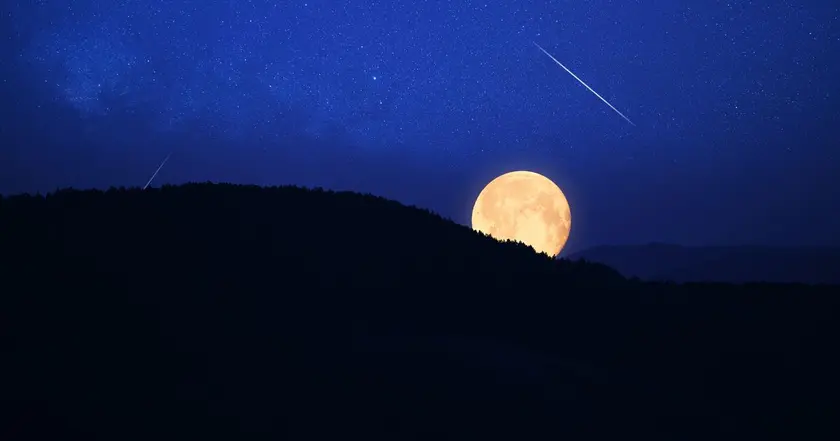
Sturgeon Moon and Perseids visible together in UK
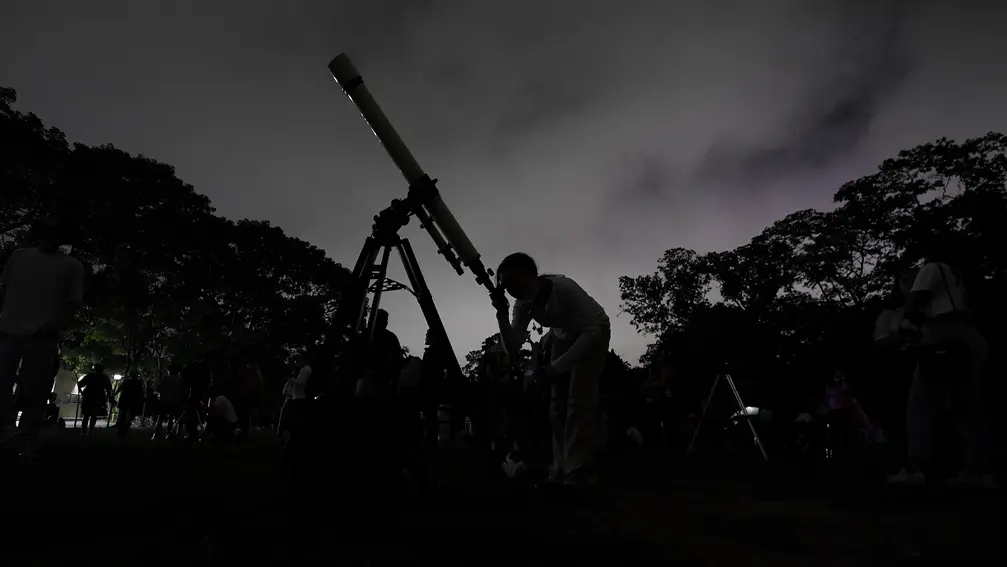
Planet Parade Lights the Dawn Sky
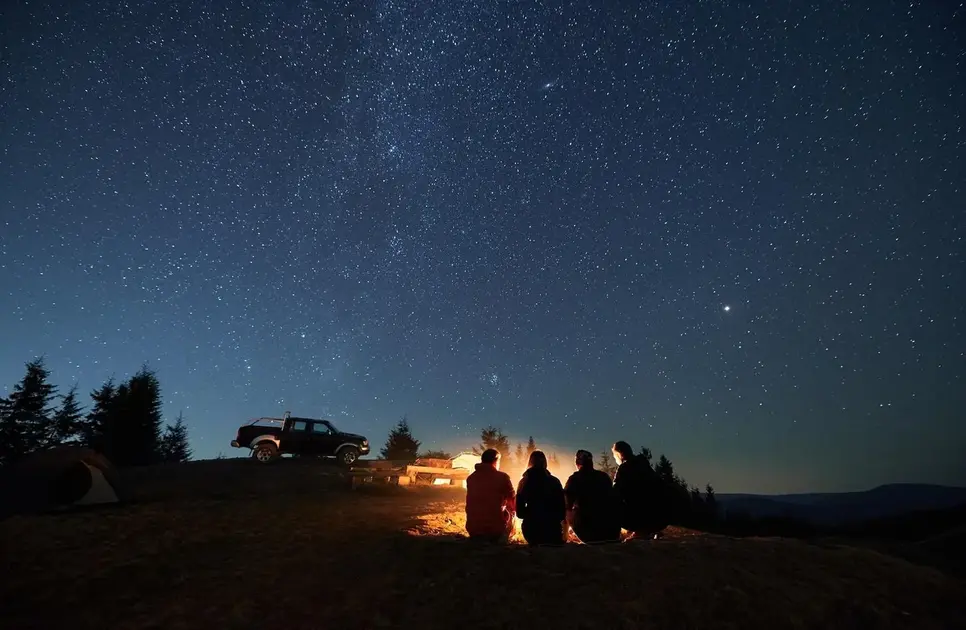
Planet Parade Illuminates August Morning Sky
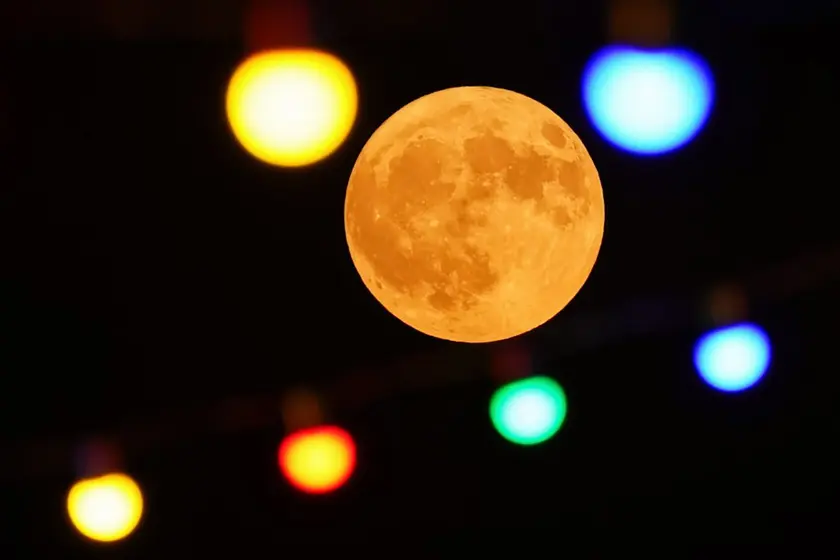
Sturgeon Moon 2025 visible this weekend
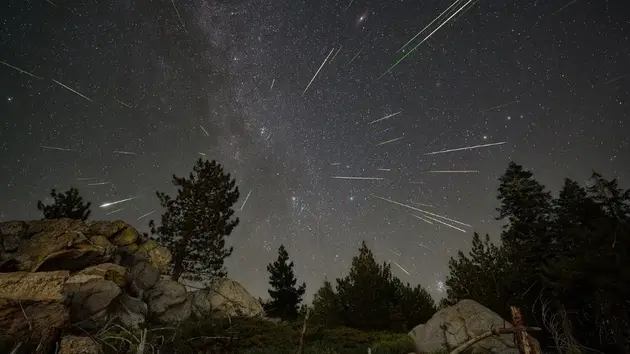
Planet parade and meteor shower over Seattle

Perseid Meteor Shower Weekend Viewing

Double meteor shower peaks tonight in the UK
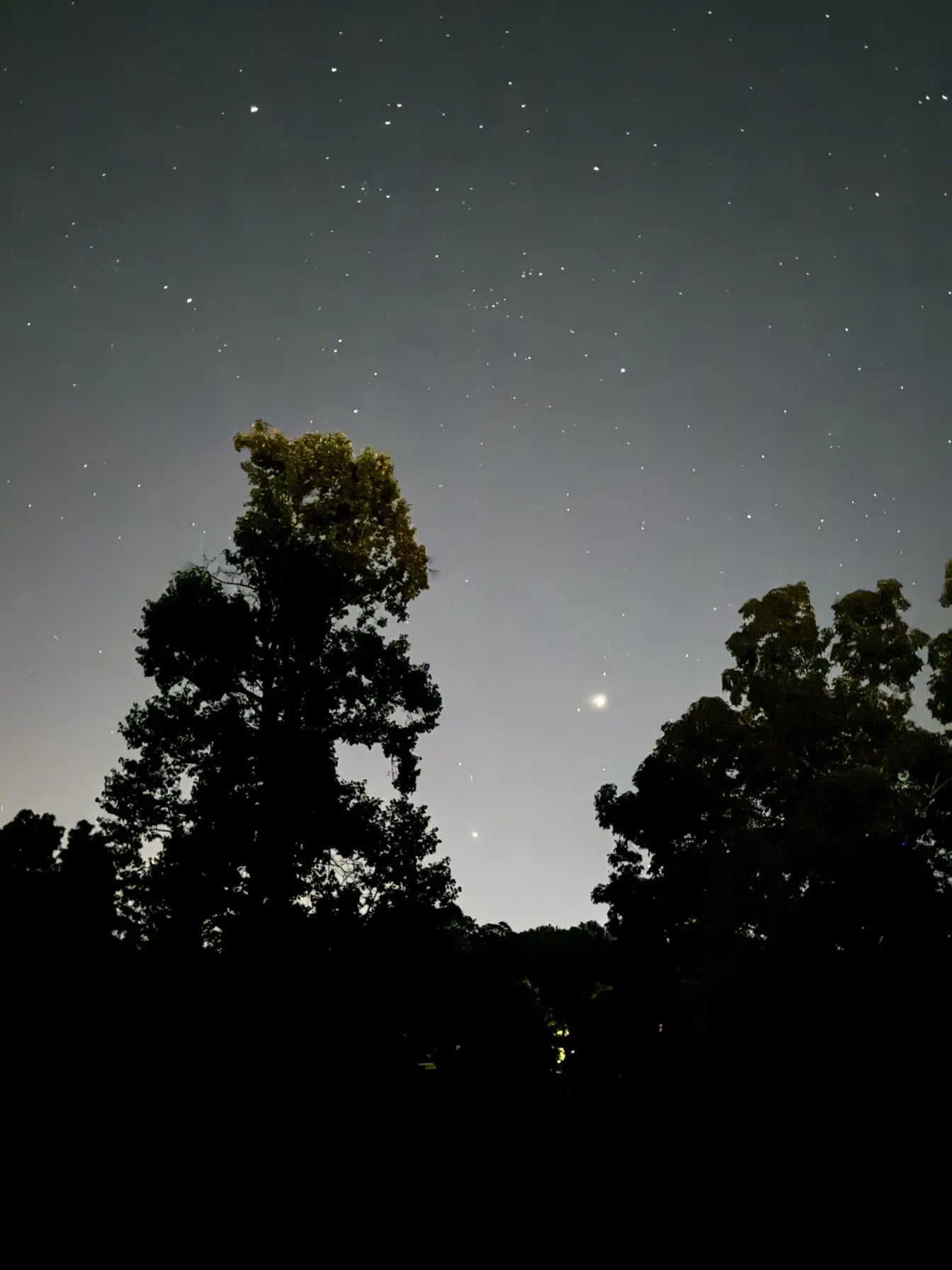
Sturgeon Moon Shines in August Sky
